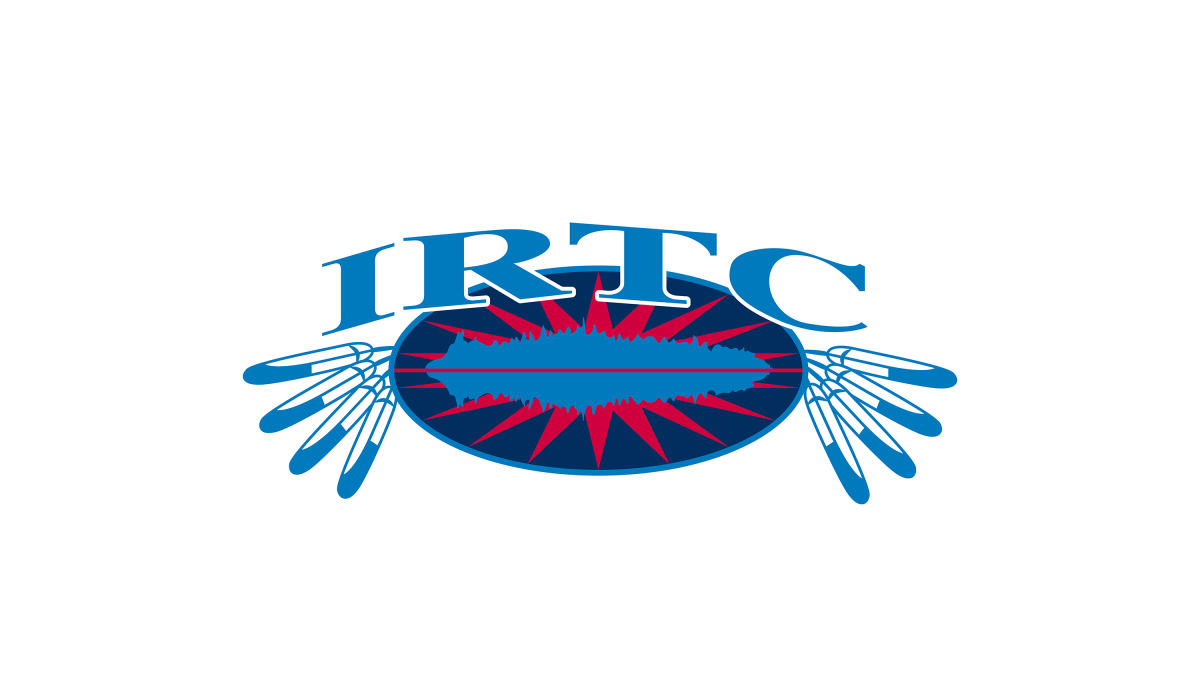FOR IMMEDIATE RELEASE
(JUNE 24, 2022) – WINNIPEG – The Government of Manitoba breached its Constitutional duty to consult and accommodate the Treaty and Aboriginal rights of four Interlake First Nations before clearing land for the proposed Lake St. Martin Channel, according to a June 23 court decision.
In early 2019, the province issued a permit authorizing tree-clearing for about 23 kilometres of largely untouched public land that First Nations rely on to exercise their Treaty rights. The province said the clearing was needed to prepare for the Lake Manitoba/Lake St. Martin channels project.
The Interlake Reserves Tribal Council (IRTC) and four of its member First Nations — Lake Manitoba First Nation, Dauphin River First Nation, Little Saskatchewan First Nation and Kinonjeoshtegon First Nation — brought a legal challenge against the province, arguing it had breached its duty to consult.
Chief Justice Joyal of the Manitoba Court of Queen’s Bench released his decision on the matter, describing the province’s efforts before the tree-clearing took place as “inadequate notice and meaningless consultation.”
The government sent one short email to two affected First Nations about the permit work over the Christmas holidays. The province sent nothing to the two other First Nations, nor did it send anything to the designated consultation contact for the First Nations. The IRTC only became aware of the tree clearing once it was finished.
“The absence of any such notification and consultation in my view constitutes a breach of Manitoba’s obligation and is not in accordance with the honour of the Crown,” Chief Justice Joyal wrote in his decision.
Lawyers for Manitoba argued the province had started speaking with First Nations and the permit work was part of the broader consultation process on the channels project. But the Court rejected that argument, noting that engaging on the larger channels project was no substitute for consulting on clearing a right of way years in advance of the channels project being approved and prior to any environmental impact statement being filed. Importantly, this case confirms that the duty to consult may be triggered by individual approvals issued as part of a larger project.
“The Province of Manitoba severely undermined its relationship with the IRTC First Nations when it cleared a large swath of land in a prime hunting area without discussing it with us,” said IRTC Chair Chief Cornell McLean of Lake Manitoba First Nation and Chair of the IRTC. “Our relationship with the province was already on shaky ground. This killed any trust that remained.”
Chief McLean continued, “this case sends an important message to Manitoba. We won’t sit by and have our rights trampled on. We hope this case prompts the province to see the need to work in true partnership with affected First Nations on the channels project and other developments in our territories.”
–
Media Contact: Karl Zadnik, Chief Executive Officer, IRTC | karlzadnik@irtc.ca | (204) 795 4747


